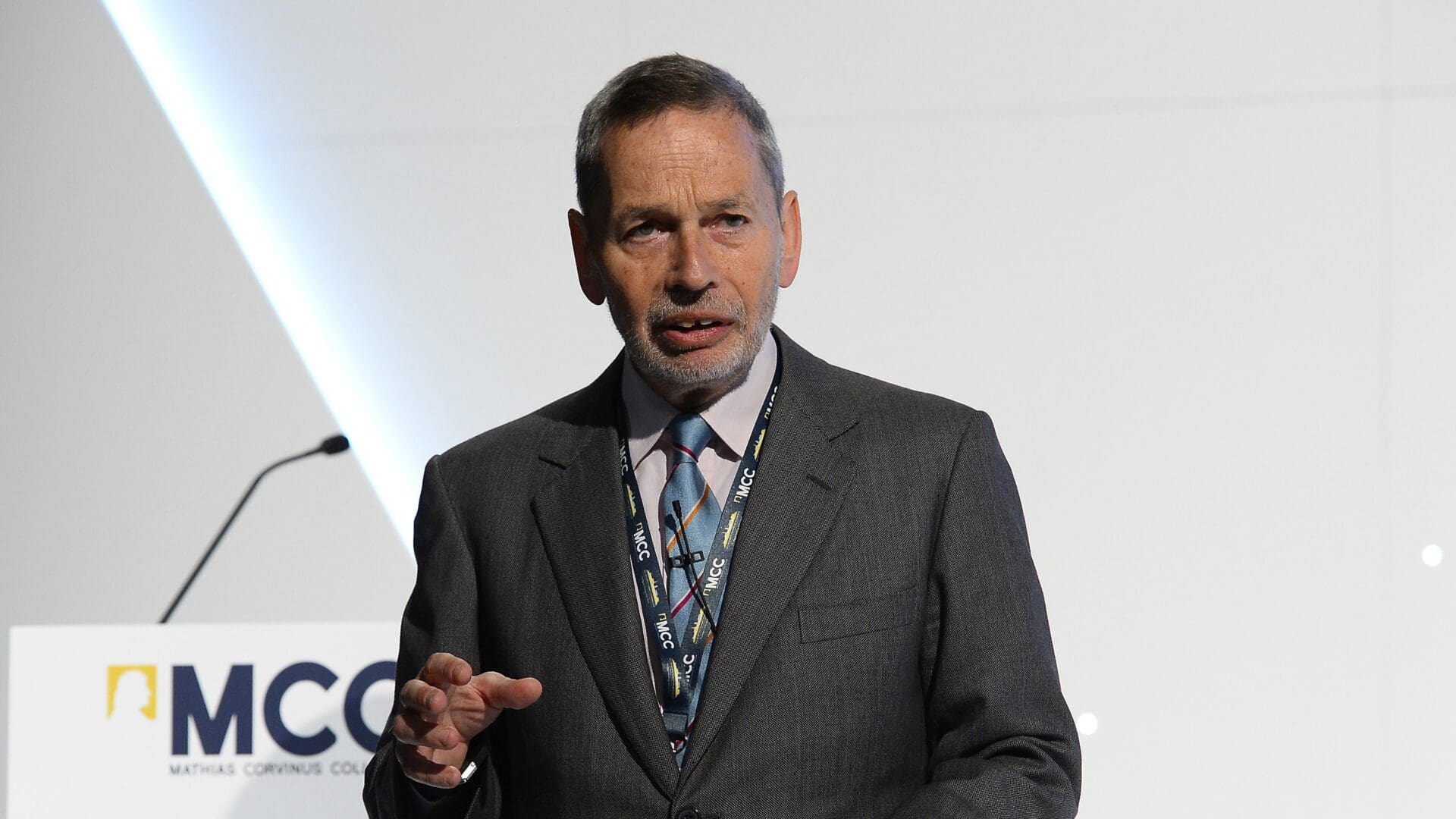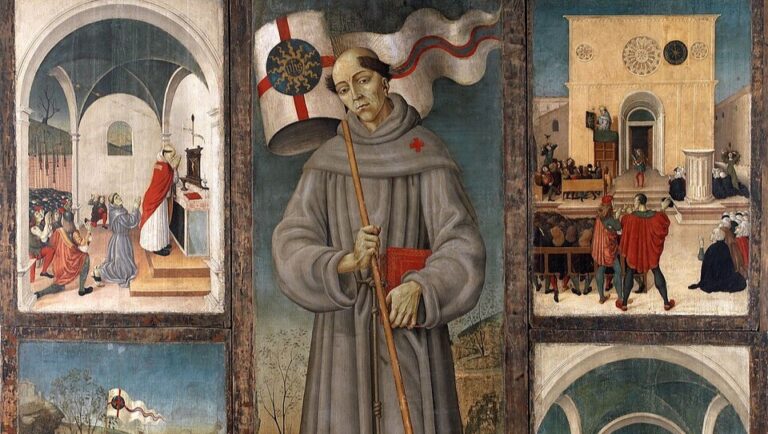Director of the Mathias Corvinus Collegium’s Brussels Training Center (MCC Brussels) Frank Füredi emphasized the importance of education in shaping the future of Europe and warned about the dangers posed by the loss of knowledge observed in classrooms today in a statement on Tuesday.
The training centre organized a full-day conference titled Reclaiming Classical Education in collaboration with the MCC Learning Research Institute. At the conference, international experts examined the state of classical education, what children receive in schools instead, and how to return to knowledge-based education.
According to Frank Füredi, it is crucial to intellectually empower children, and if the quality of teaching does not improve in classrooms, the future of education itself is at risk. He noted that advocating for a skills-based curriculum has become ‘fashionable,’ with arguments ranging from the overvaluation of knowledge to the need for emotion-centred education and the integration of social issues into the education system.
Füredi believes this trend began decades ago, with a focus on deeming everything old inherently inferior to the new. He pointed out that even in the most prestigious educational institutions, where young people used to study ancient Greek, Latin, and philosophy, the emphasis shifted to what was perceived as more practical sciences. This, he argued, is a significant problem because without an understanding of our origins and the development of Western culture throughout history, it is difficult to comprehend our current situation. The academic of Hungarian descent also attributed the decline in knowledge-based education to Western influences:
the left dismissed classical sciences and important traditions, while neoliberal capitalists rejected them in favour of profit-driven principles.
‘In essence, education is about the transmission of knowledge and ideas between generations. Education affects everything related to the future. The viability and effectiveness of an entire generation depend completely on the education they receive in the classroom. Therefore, for me, economy, society, culture, geopolitics, and Europe’s position in the world entirely depend on what happens in the classroom,’ he explained. He also emphasized that the future of knowledge-based education depends on what the educator thinks of their students. ‘Many believe that young people are only interested in what they see on their smartphones. If we don’t expect much from them, that’s what will happen. Therefore, we need to make classical knowledge interesting for them from a very young age,’ he declared.
In his statement, János Setényi, an education researcher and director of the MCC Learning Research Institute, stated that classical education, that is, knowledge-centred and in-depth education, encompasses the classics of European civilization, its great dilemmas, questions, and through discussing and mastering these questions ultimately provides a comprehensive education. This education is one of the guarantees of the success of the youth in the future, as well as of the future of Hungary and Europe, he added. Setényi believes that education has ‘dissipated’ in recent decades, primarily due to the cultural revolution in Western Europe and the strong influence of the global economy, which seeks to reduce everything to competencies and skills. ‘The creation of useful individuals has become a central goal from the 1980s onwards. We believe that this can be partly reversed, and
we can achieve a balance between the world of culture and everyday, practical, useful skills,’
he said.
He believes that classical liberals, such as József Eötvös and his followers, elevated knowledge-based, serious education, and there were left-wing educational thinkers who advocated for the advancement of underprivileged individuals through hard work and the acquisition of knowledge. However, classical education also plays an important role in preserving values. ‘Our goal is to present virtues, values, and intellectual achievements to children that serve as genuine reference points in the digital world beyond entertainment and pleasure, and to slightly lift them out of the world of business and youth culture,’ János Setényi summarized the essence of the conference.
Related articles:
Sources: Hungarian Conservative/MCC/MTI








